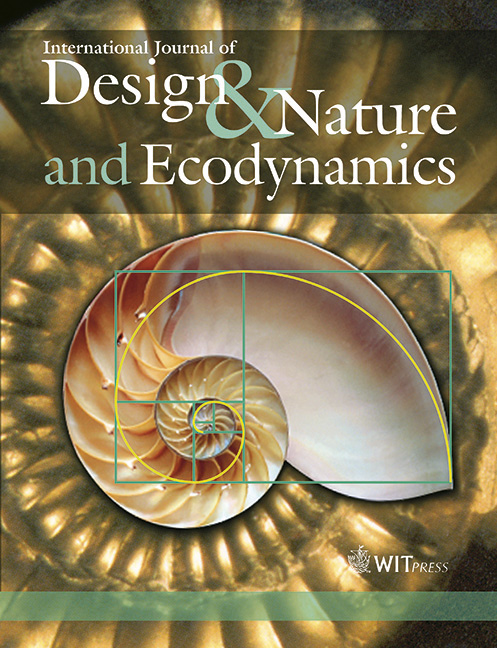A COMPLEXITY PERSPECTIVE ON CSR AND SUSTAINABILITY: THEORY AND A LONGITUDINAL CASE STUDY
Price
Free (open access)
Volume
Volume 13 (2018), Issue 1
Pages
10
Page Range
82 - 92
Paper DOI
10.2495/DNE-V13-N1-82-92
Copyright
WIT Press
Author(s)
TERRY B. PORTER & RANDALL REISCHER
Abstract
Corporate social responsibility (CSR) has become standard practice for many if not most of the business organizations today. Extant CSR research largely assumes positivist, linear, and reductionist epistemologies and frequently invokes a ‘systems theory’ that is unspecified, seemingly taken for granted. The dominance of this conventional approach obscures or conflates significant dynamics that complexity systems theory reveals. This paper develops and compares an emerging complexity theory view of CSR with the more conventional approach. A longitudinal quantitative case study then tests competing hypotheses, permitting an examination of the efficacy of each approach for understanding CSR adoption processes, to our knowledge for the first time.
Two longitudinal surveys of employee attitudes were administered during, and one year after, the rollout of an internal CSR initiative in a Welsh civil society organization. Hypothesis testing led to three anomalous results. First, expected linear increases in employee wellbeing did not persist; second, neither expected nor latent attitude constructs were in evidence; and finally, the only attitude items to increase significantly over time were related to tangible social action and interaction, over and above changes in thinking and beliefs. Complexity theory offers alternative explanations of these results, explanations which we propose be developed to provide a more complete understanding of CSR practice and theory.
Keywords
company responsibility, complexity theory, corporate social responsibility, high performance work systems, modern working practices, resilience, strategic human resources management, sustainability, sustainability adoption processes




